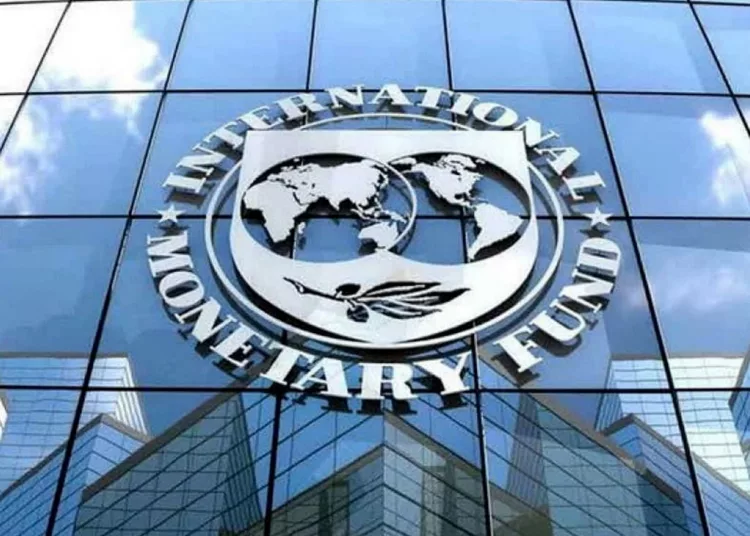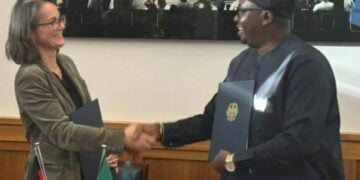In response to the International Monetary Fund (IMF) recommendation on electricity subsidy removal, manufacturers, under the auspices of the Manufacturers Association of Nigeria(MAN) urged the federal government to consider the wider implications or spillover effect of the policy on individual manufacturers and the masses.
In a statement by the director-general of MAN, Segun Ajayi-Kadiri said: “No doubt phasing subsidy out can help drive economic reforms and promote fiscal responsibility.
“This is more appropriate where a larger part of the population is living above the poverty line. Of course, the fundamental aim of granting subsidy is to improve and protect the welfare of the consumers or households and businesses alike,” he said.
He noted that, unfortunately, inadequate planning, poor implementation or ineffectiveness among other undesirable circumstances have made subsidy lose its relevance and purpose in the country.
Ajayi-Kadiri added that, “given the precarious present economic situation in the country, phasing out electricity subsidy will only compound and worsen our already damaged economy, with the number of people without access to electricity ballooning than has ever seen in the history of Nigeria’s economy.
“According to UN data, the number of people with access to electricity in the country is around 56 per cent due to the high cost-of-living and poverty. Due to the present economic hardship, more challenges will unleash if the electricity subsidy is removed.
“Removing electricity subsidy could be an added tragedy, especially at this time when consumers, manufacturers, and other businesses are struggling to survive amidst deteriorating living conditions, heightened production costs, high cost of alternative sources of energy, incessant National grid collapse, continuous devaluation of the naira, and lower profit turnovers due to the major policy reforms the present administration implemented.”
He emphasised that, “Nigerians can no longer afford to be impoverished than they are. It will be another tragedy if the government removes the electricity subsidy without an adequate pre-installation of programmes and incentives to offset the damaging effect of the removal. Considering that Nigerians are already paying more for reduced electricity consumption, the removal of subsidies could further impoverish the masses.”
He stated that, “it is essential to exercise discernment when considering policy recommendations from external sources. As an independent and sovereign nation, Nigeria should prioritise the exploration of domestically generated policies that effectively foster the growth and development of the country.
“While we acknowledge that subsidies on essential commodities like electricity can be a financial burden on the government, removing them at this turbulent time is not advisable as it would further complicate the present challenges.”
He further said, economic policies of this nature could be implemented when the economy and manufacturing sector recover from the damaging impact of fuel subsidy and the unification of the naira, saying, “the implementation of the removal must be gradual and deliberate and must comply with a cost-reflective electricity pricing principle. In addition, the sector needs to be rejigged for optimal operational efficiency and better performance experience.”





